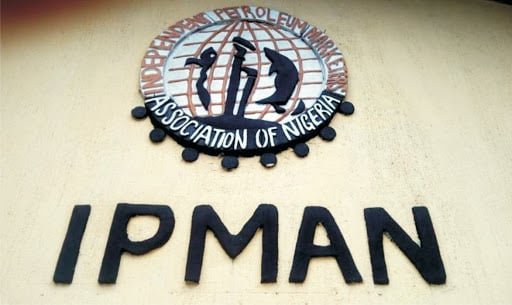The Independent Petroleum Marketers Association of Nigeria (IPMAN) has tipped the Nigerian National Petroleum Company Limited (NNPC) as the sole buyer from the Dangote Petroleum Refinery at international market prices.
This decision comes as independent marketers face potential significant losses due to the high cost of petrol.
Recall that the Dangote Petroleum Refinery, valued at $20 billion, is scheduled to begin petrol production in July 2024, with sales expected to commence in August.
The refinery has an annual revenue projection of over $26 billion.
The President of Dangote Industries Limited, Alhaji Aliko Dangote, announced the refinery’s readiness to roll out petrol in August, following the resolution of crude oil supply issues with the assistance of the NNPC and the Federal Government.
IPMAN has raised concerns about the pricing of petrol from the Dangote refinery.
The downstream operator’s Deputy National President, Zarma Mustapha, stated that the petrol will be priced at the international market rate, which is significantly higher than the current domestic cost at the pumps.
He emphasized that no marketer would be willing to purchase petrol at the international price and sell it at the current retail price, as it would lead to substantial financial losses.
Mustapha suggested that for the distribution of Dangote’s petrol across Nigeria, the NNPC would need to intervene by purchasing the product and selling it to dealers at a subsidized rate.
This arrangement would be similar to the current practice where the NNPC imports petrol and supplies it to marketers at a regulated price.
The landing cost of petrol in Nigeria is currently N1,117 per liter, while the pump price ranges between N660 and N800 per liter.
This significant discrepancy has also raised concerns among major marketers about the feasibility of purchasing petrol from the Dangote refinery.
As the NNPC remains the sole importer of petrol into Nigeria, there has been no official response from the company regarding the potential impact of the Dangote refinery’s production on the downstream oil sector.
The situation has sparked discussions on the challenges marketers may face in selling petrol at the current pump prices.






























































